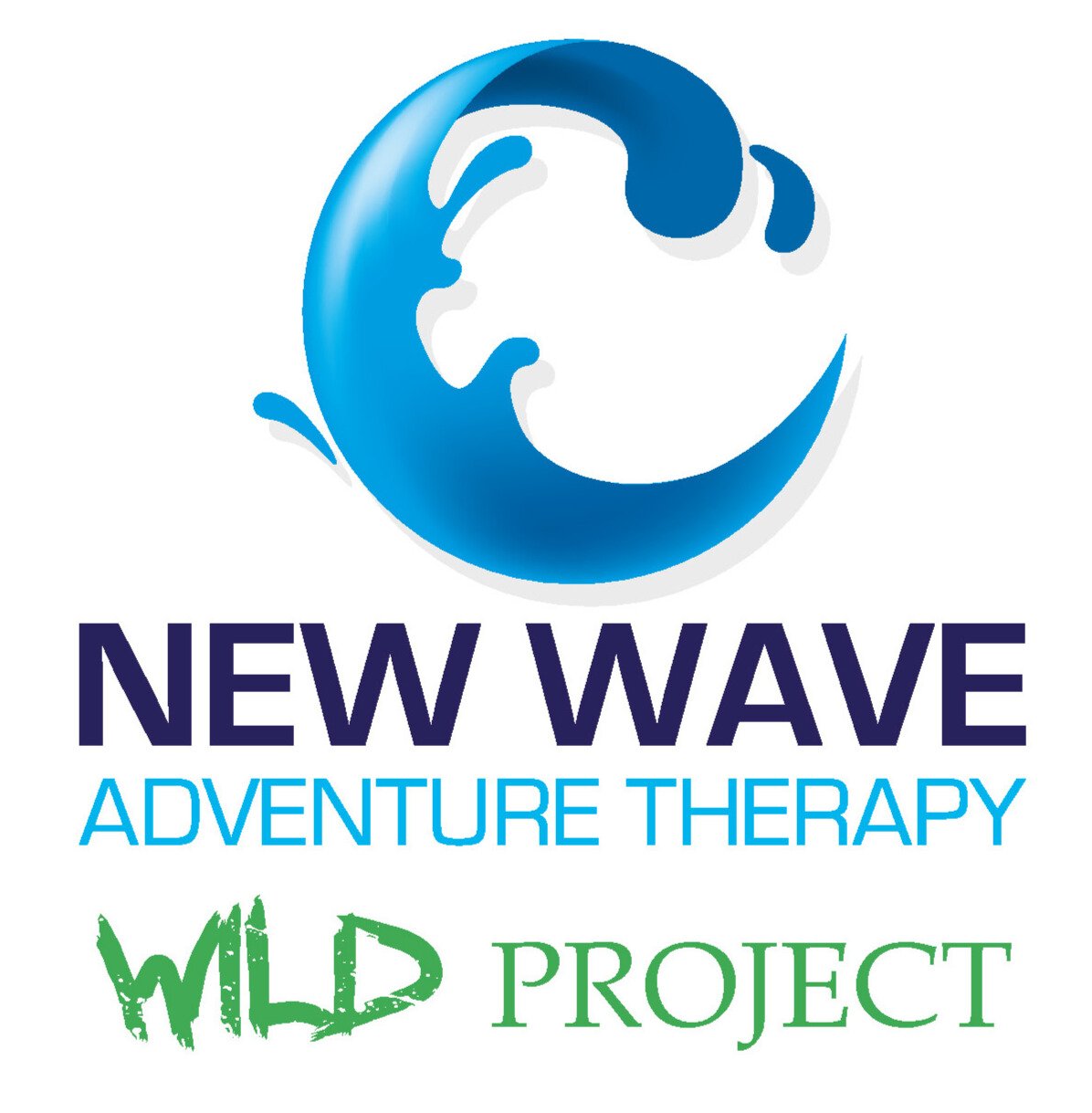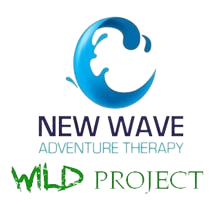Adventure Therapy
What is Adventure Therapy?
One of the widely accepted definitions of adventure therapy is “the prescriptive use of adventure experiences provided by mental health professionals, often conducted in natural settings, that kinesthetically engage clients on cognitive, affective, and behavioral levels” (Gass, Gillis, & Russell, 2012). More simply, adventure therapy describes therapy that is delivered outdoors and using activities that are intended to engage the client, and to enhance the experience of therapy. A programme or session will be based on the client’s therapeutic needs, and outdoor activities are selected to create an active space for therapeutic work. The client’s needs, skills, and preferences will also guide the plan for each session. Adventure Therapy is not a standardised practice; there is no syllabus, and there are different factors that influence how adventure therapy is run (therapists' approach, therapists’ activity competency, location, weather, client abilities and preferences etc).
Traditional, clinic-based therapy is not for everyone, and adventure therapy can provide a completely new perspective for clients. Sessions are typically over several hours (or longer) and take place outdoors. The setting and delivery of adventure therapy are designed to make concepts and ideas easier to learn through concrete examples and play-based practice.
Adventure therapy is a hands-on approach, and there are opportunities to build practical skills (self-care, communication, interpersonal skills) as well as to provide a space for therapy. Activities may be land-based (e.g. hiking, biking, climbing) or water-based (e.g. kayaking, paddleboarding, snorkeling), and are often combined with extra tasks and challenges to reinforce the message of the session.
Interested in learning more about this approach and gaining skills and insights into how you might incorporate it into your own professional practice? Check out our new Wild Earth Adventure Therapy Training options from introduction day sessions to intensive 5-day blocks of training.
Who is Adventure Therapy for?
Adventure therapy is for everyone and as with any therapy approach, each adventure therapist will deliver sessions in their own unique way.
However, there are aspects of adventure therapy that may appeal to people with specific needs or individual factors;
Adventure Therapy is;
Professional - Adventure therapists are qualified mental health professionals (psychologists, psychotherapists, counsellors, or social workers) who are trained and equipped to provide professional support to clients.
Active - you don’t need any minimum level of ability, skill, or fitness, but it appeals to people who like to move.
Creative - ideas, concepts, and skills are delivered in non-traditional, experiential ways. AT works well for kinaesthetic learners.
Dynamic - Programmes and sessions are enriched with layers of therapeutic and skill development.
Responsive - The client is at the centre of all good therapy and AT can provide space, time, and flexibility to respond in the moment.
How Effective is Adventure Therapy?
There is no single modality of therapy that has been found to be more beneficial than all others, rather some common factors that are found to contribute to better therapy outcomes are;
therapeutic alliance
therapist empathy
positive regard
genuineness
client expectations
The quality of the therapeutic alliance, the relationship between the therapist and client, has been shown to be the strongest predictor of successful outcomes of therapy, regardless of the type of therapy used (Radford, 2020; Harper et al., 2021). The therapy space must be one that the client trusts in and feels heard.
Here are some links to specific research that has been carried out in the field of adventure therapy:
Further Information
Adventure therapy is often linked to the wider sector of outdoor and nature-based therapies which includes, but is not limited to; wilderness therapy, nature-based therapy, ecotherapy, forest therapy, therapeutic adventure, outdoor behavioural therapies.
Every practitioner delivers a unique service and will be happy to discuss their approach with prospective clients.
It may be helpful to consider the following when researching options;
Am I looking for a therapeutic experience or professional therapy?
What modality of therapy does the practitioner offer?
What are the practitioner’s qualifications?
Are they registered/ vetted/ supervised/ insured?
Are the time, location, and financial commitment suitable for me?
Interested in learning more about this approach and gaining skills and insights into how you might incorporate it into your own professional practice? Check out our new Wild Earth Adventure Therapy Training options from introduction day sessions to intensive 5-day blocks of training.

